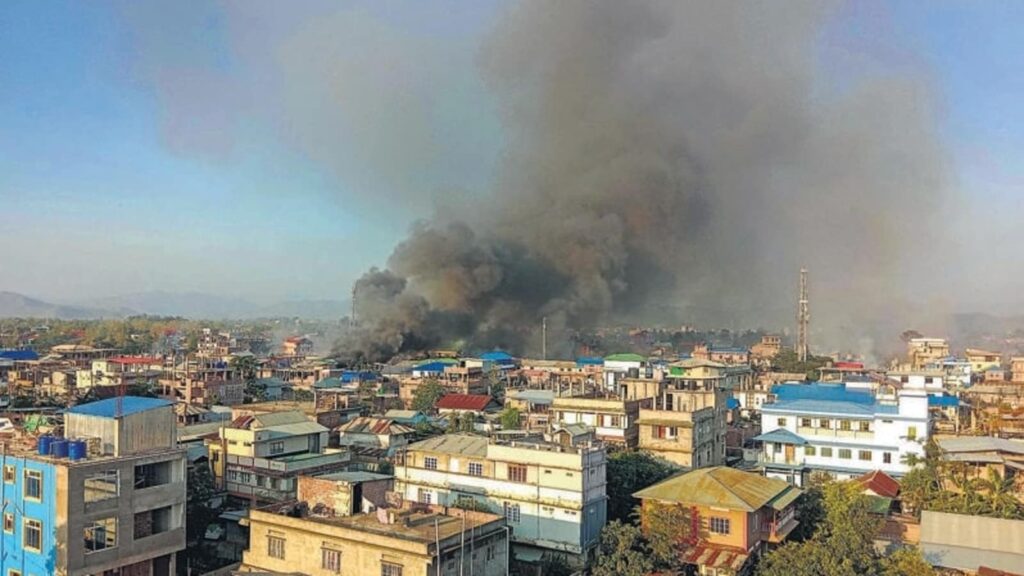The eruption of fresh bouts of violence in Manipur is a matter of urgent concern in a region where ethnic faultlines, spanning states, even countries sometimes, often create deep wedges between communities. This vibrant but sensitive part of India, therefore, needs pragmatic and vigilant governance that is alive to the rivalling aspirations of various communities and the need to strike a delicate balance for ensuring peace and nudge development along.
Unfortunately, the past three weeks in Manipur have held out little proof that the state government is cognisant of the urgent need to build bridges after the initial phase of rioting and violence killed 70-odd people and displaced nearly 30,000 people. Thus, even as thousands of security personnel struggled to restore law and order across the state, there appeared to be scant public attempt by the administration to kickstart a parallel political process of amelioration and confidence building. Unsurprisingly, the veneer of peace was shattered as soon as curfew was relaxed. Simmering tensions between communities was allowed to fester, and it resulted in an eruption of violence across the state last week.
In the aftermath of the deaths of five people in clashes on Sunday, chief minister (CM) N Biren Singh said that state forces had shot dead 40 militants from the Kuki community — one of the two groups worst affected by the violence; the other is the Meitei, the community to which Mr Singh belongs — and blamed the “terrorists” for the violence. But questions swirl about this seemingly partisan assertion, including from within the CM’s own party. Kuki legislators and groups have questioned the veracity of the statement and said that Kuki households too continue to be attacked. Questions are also being raised over reports that armouries were ransacked and looted, not for the first time since the violence broke out on May 3. What were the state authorities doing if this was indeed the case? And if the state government broke a tripartite agreement with 25 insurgent groups, shouldn’t questions be asked about why, and why now?
It is nobody’s case that violent actors must be allowed to run amok. But by opting for a hardline securitised strategy with no semblance of a political process, talks, or healing touch on the horizon, the government risks further destabilising a region with a history of violent insurrections. When home minister Amit Shah lands in Imphal, he will have his work cut out.
Enjoy unlimited digital access with HT Premium
Subscribe Now to continue reading


